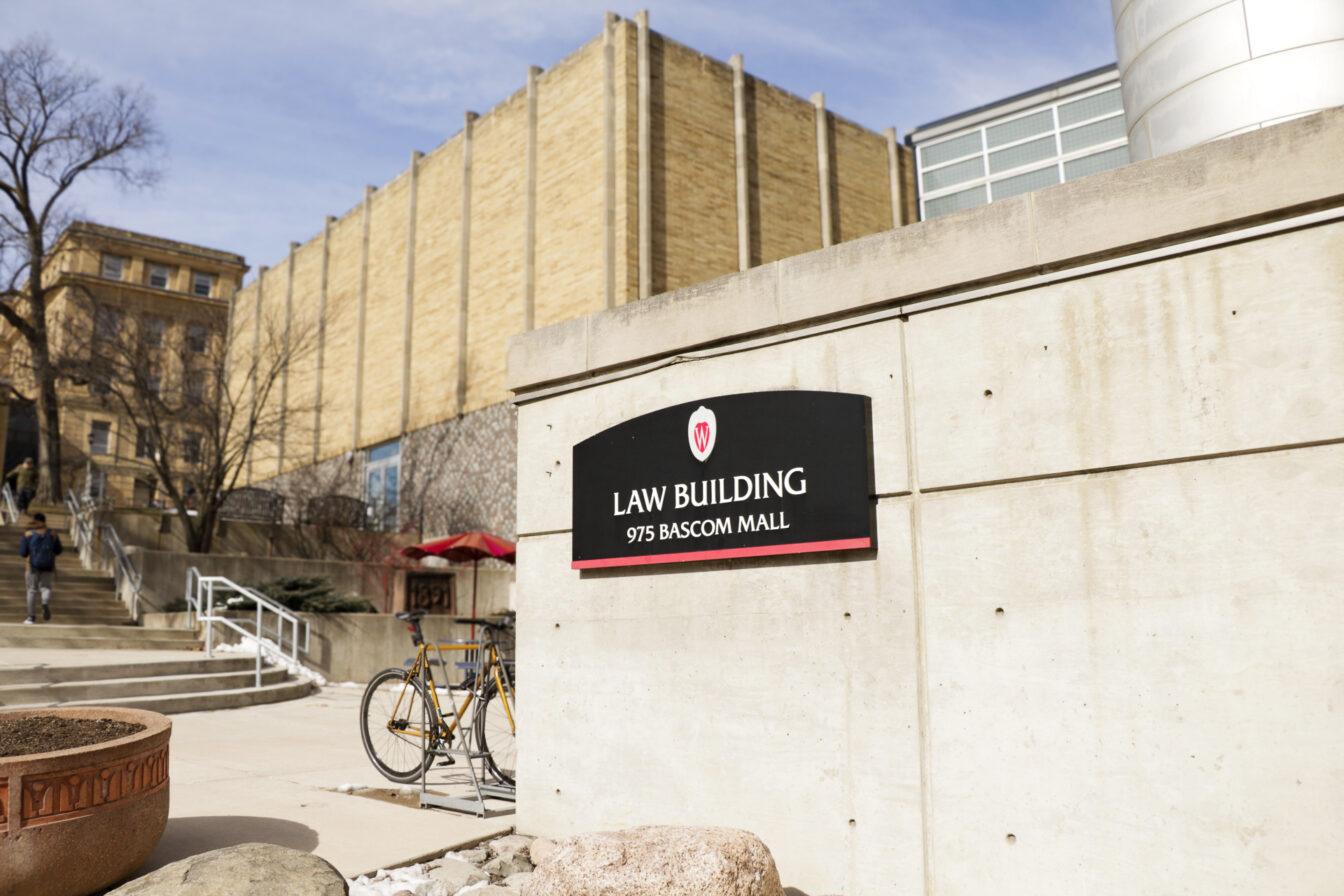Kay Redfield Jamison wrote, “Madness carves its own reality,” and what a horrendous reality we have carved. Equipped with the most inefficient, inactive and incompetent Congress in recent history, the United States government has failed to pass ridiculously sensible legislation in almost every section of necessary societal law.
Furthermore, it was calculated that the top 0.01 percent of campaign donors contributed more than 40 percent of all the money spent in the 2012 election. The past decade has showcased governmental futility at its finest, “with Washington mired in stalemate and in thrall to special interests,” but this is not new news, and neither is the undermining of our democratic system.
Last Tuesday after the president’s State of the Union Address, Congressman Michael Grimm, R-New York, when questioned about the F.B.I. investigation regarding his campaign finances, told a New York One reporter, “You ever do that to me again, I’ll throw you off this fucking balcony.” Absent of both class and common decency, this encounter represents a basic problem plaguing the American political system; this violent and absurdly unabashed response has become the norm when Congress is confronted with legitimate concerns by the American people. Those who attempt to sort out inconsistencies are threatened with death, and those who sit back, listening to the comfortable ramblings of mainstream media, are rewarded with the sweet taste of ignorant bliss.
In this version of income disparity, small donations are eclipsed by giant ones, and partisanship sometimes comes in second to power, according to Ross Ramsey, and where else could you find a better return for your purchase than the House of Representatives?
Grimm was charged earlier this month with using straw donors to exceed the maximum allowable contribution to his campaign committee, and though he was the only one of his colleagues to adopt the persona equivocal to that of a thug in a “Batman” movie on live television, he was indeed one of many to perpetuate this blatantly undemocratic crisis.
When citizens and reporters alike become numb to the smiling faces and the ever reassuring, “Everything’s going to be alright,” Congress is happy. Without confrontation, necessary laws and initiatives continue to sit stranded in Washington, while congressmen continue to rake in six figures. In addition, as income inequality continues to skyrocket, so does the gap in governmental influence between the rich and the poor. A $5 contribution from a low income constituent may represent a much greater commitment than a $100,000 contribution from a millionaire, but in Washington, that inexplicably intoxicating scent of wealth blinds those who represent us from the equality of intention. Money talks, but when it comes to democracy, no one should hear a peep. In a society where dirty money wins elections, ballots lose their merit and the poor lose their voice.
Established in 1992, Minnesota’s Political Contribution Fund program provides a $50 rebate to those who donate to political candidates in statewide races. Unlike similar programs, which use tax write-offs to encourage political donations and subsequently take months to process, the PCR rebate is sent to donors almost immediately. The results are impressive: According to the Campaign Finance Institute, during the 2006 election cycle Minnesota stood well above other states in terms of money raised by small donors. Forty-five percent of private contributions to candidates were donations under $100, while in comparison, the majority of other states measured below 10 percent. Furthermore, Minnesota’s current contribution limits are among the most proactively regulated not only in the Midwest, but in the entire country.
Wisconsin, and every state for that matter, must follow Minnesota’s lead in leveling the playing field when it comes to political influence. This would both keep politicians honest and end corporate rule over government functionality, or lack thereof.
Full participatory democracy must be the goal, both nationally or locally. The truth is, America is falling fast, and without necessary changes to the way we allow political influence to be distributed, we have a long way to fall before we are out of our misery.
Grant Hattenhauer (hattenhauer




















